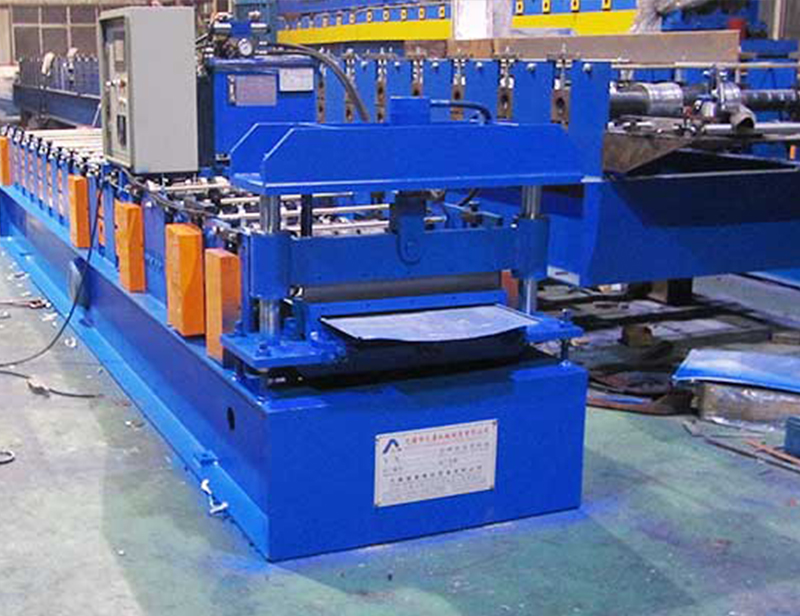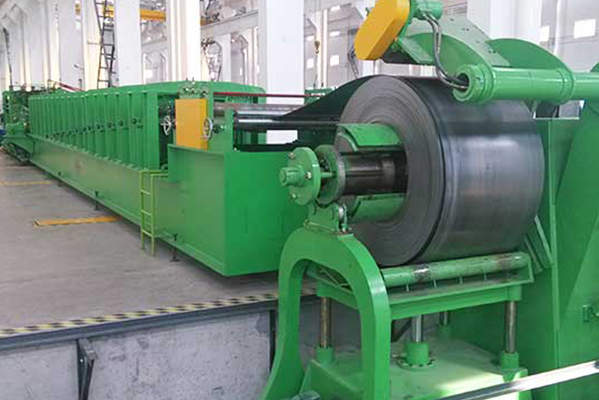Navigation Menu
Contact Us
- Email:
- info@wxavatar.com
- Address:
- Yurong Village, Yuqi Street, Huishan District, Wuxi, China.
Release Date:Jul 07, 2025 Visit:64 Source:Roll Forming Machine Factory
In the realm of bulk material handling, the demand for efficient and durable storage solutions is ever-present. From grains and powders to aggregates and liquids, industries rely on robust silos to maintain product integrity and streamline operations. Traditionally, silo construction could be a time-consuming and labor-intensive process. However, the advent of steel silo roll forming machines has significantly reshaped this landscape, offering a compelling path to enhanced manufacturing efficiency.

These specialized machines represent a significant leap forward in silo fabrication. Instead of relying on pre-fabricated panels that require extensive on-site assembly and welding, roll forming machines produce continuous, interlocking steel panels directly from coils. This automated process minimizes manual intervention, reducing the potential for human error and accelerating production cycles.
One of the primary ways these machines improve efficiency is through accelerated production speed. The continuous forming process allows for rapid creation of silo walls, significantly cutting down the time from raw material to finished structure. This not only means quicker project completion for manufacturers but also faster deployment of storage solutions for end-users, leading to quicker returns on investment.
Furthermore, material optimization is a key benefit. Roll forming technology is designed to precisely shape steel with minimal waste. This precision translates into cost savings by maximizing material utilization and reducing scrap. For manufacturers, this directly impacts their bottom line, making the production of steel silos more economically viable.
The consistency and quality of the output are also major contributors to improved efficiency. Automated roll forming ensures uniform panel dimensions and consistent material properties, which are crucial for the structural integrity of large silos. This predictability in quality reduces the need for rework or adjustments during assembly, further streamlining the manufacturing process and enhancing overall reliability of the final product.
Finally, the reduced labor requirements associated with these machines are substantial. While skilled operators are still essential, the overall need for extensive manual labor, particularly in welding and assembly, is significantly diminished. This frees up personnel for other tasks, optimizing workforce allocation and contributing to a more efficient operational model.

In conclusion, steel silo roll forming machines are not just an incremental improvement; they represent a transformative technology for the manufacturing of bulk storage solutions. By delivering increased speed, optimized material use, consistent quality, and reduced labor, they empower manufacturers to meet the growing demands for efficient and reliable storage infrastructure more effectively than ever before.